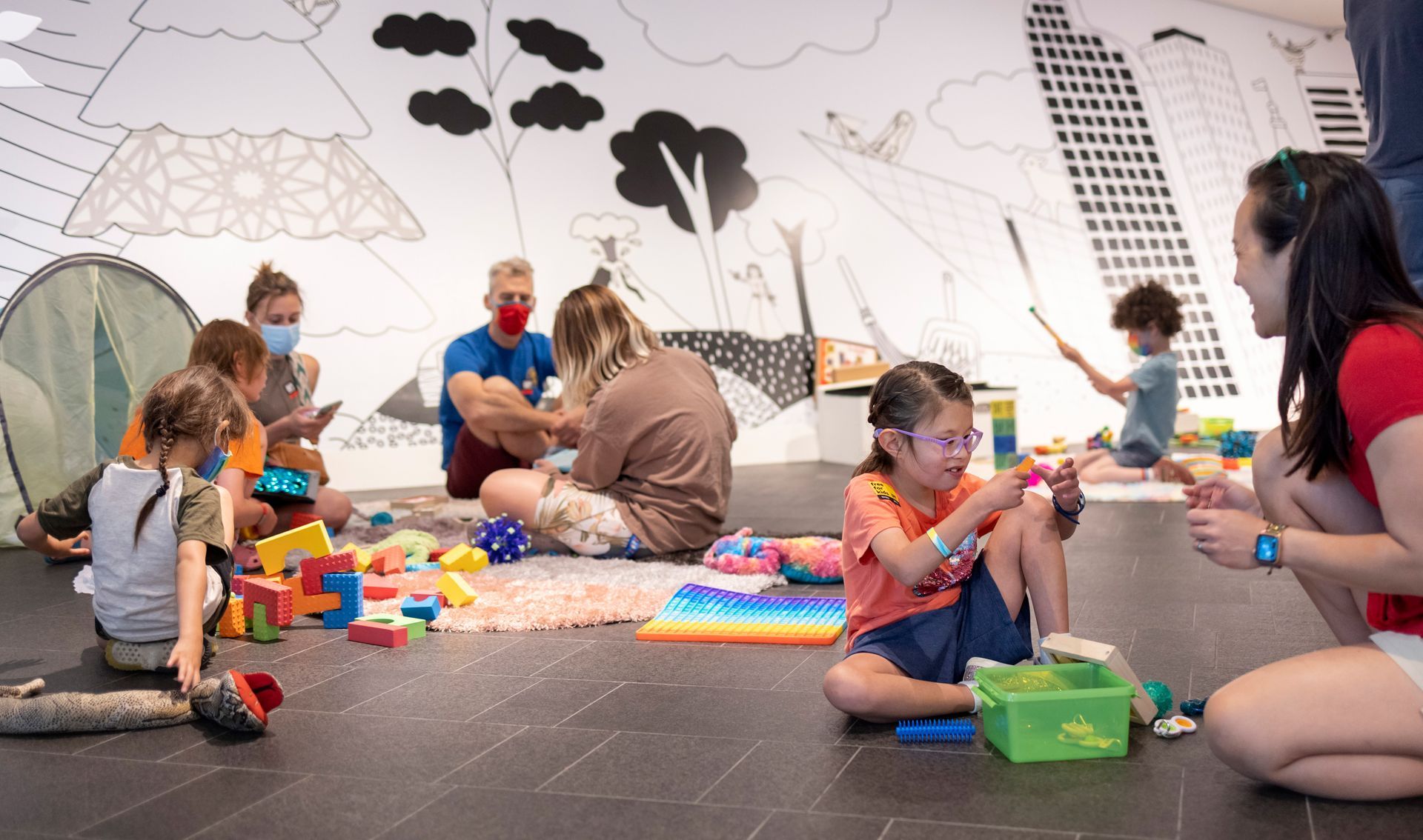ABA Therapy for Autism: How ABA Therapy Can Prepare Your Child for School
Preparing an autistic child for school is both exciting and challenging. Parents often wonder if their child will be able to maintain routines, make friends, and adjust to a structured classroom environment. The good news is that ABA therapy (Applied Behavior Analysis therapy) has helped many children build the skills they need to thrive at school.
Families looking for ABA therapy in Georgia often find that when ABA therapy is paired with speech therapy and occupational therapy, it creates a strong foundation for school readiness. In this article, we will walk through how ABA therapy works, how it benefits children with autism, and why it is such a powerful form of autism therapy.
What is ABA Therapy?
Applied Behavior Analysis therapy, often shortened to ABA therapy, is a research-based approach that helps children learn skills by breaking them into small, teachable steps. It focuses on rewarding positive behaviors, encouraging independence, and making learning a positive experience.
For example, if a child struggles with following directions, ABA therapy uses structured teaching and reinforcement to help them respond consistently. Over time, these successes build confidence and carry over into the classroom.
Many parents searching for ABA therapy in Georgia are drawn to it because it is tailored to the child’s individual needs. Whether the goal is improving communication, learning routines, or developing social connections, ABA therapy meets children where they are and helps them grow.
Why School Can Be a Challenge for Children with Autism
Going to school is a big adjustment for any child, but children with autism often face extra hurdles:
- Communication: Expressing needs, answering teacher questions, or asking for help.
- Social interaction: Playing with classmates, sharing, or joining group projects.
- Routine changes: Moving from home-based schedules to structured school days.
- Sensory sensitivities: Managing busy hallways, classroom noise, or bright lighting.
These challenges can feel overwhelming without preparation. This is why many families choose ABA therapy, as well as speech therapy and occupational therapy, to help their child feel confident and supported before starting school.
How ABA Therapy Builds School Readiness
1.Strengthening Communication
Children with autism may have trouble communicating their needs. ABA therapy, often supported by speech therapy, helps children learn to ask for help, follow directions, and express themselves in ways that teachers and peers can understand. Better communication means less frustration and more participation in class.
2. Developing Social Skills
School is both a social and an academic environment. ABA therapy teaches children how to share, take turns, and read social cues. When combined with therapy activities like group play or role-play, these skills translate into real-world friendships and smoother classroom interactions.
3. Building Comfort with Routines
Classrooms run on routines, from lining up for recess to transitioning between subjects. ABA therapy uses repetition and positive reinforcement to make routines predictable and less stressful. When routines feel natural, children can focus more on learning.
4. Reducing Challenging Behaviors
Children sometimes show behaviors such as tantrums, difficulty sitting still, or resistance to change. ABA therapy works by identifying the reasons behind these behaviors and teaching more positive ways to respond. This makes the classroom a calmer and more enjoyable place for everyone.
5. Promoting Independence
One of the most valuable benefits of ABA therapy is independence. Children learn how to organize materials, raise their hands to ask questions, and complete tasks on their own. These small steps add up to big gains in confidence and school success.
How Speech Therapy and Occupational Therapy Add Support
ABA therapy is powerful on its own, but pairing it with speech therapy and occupational therapy gives children even more tools.
- Speech therapy focuses on building vocabulary, improving articulation and language, and strengthening social communication.
- Occupational therapy helps children with handwriting, sensory processing, and fine motor skills needed for everyday classroom tasks.
When all three therapies are combined, families see a more complete approach to autism therapy. Each therapy reinforces the other, giving children consistency and structure both at home and in school.
Why Families Choose ABA Therapy in Georgia
Parents who look for ABA therapy in Georgia usually want a program that helps their child not only at home, but also in school and the community. The most effective ABA programs are those that:
- Create customized treatment plans for each child.
- Use data and progress tracking to guide therapy.
- Combine ABA therapy, speech therapy, and occupational therapy into a well-rounded plan.
- Involve parents in the process so they feel confident supporting their child.
Families who find these qualities in a provider are more likely to see long-term success in their child’s school readiness.
Tips for Parents Preparing Their Child for School
Therapy is a huge help, but parents also play a key role in preparing children for school. Here are some ways you can help:
- Visit the school with your child before the first day to make the space feel familiar.
- Practice routines like packing a backpack, sitting for activities, and raising a hand.
- Work on therapy goals at home during daily routines such as mealtimes or playtime.
- Communicate regularly with teachers so they know what strategies are most helpful for your child.
- Schedule an IEP meeting well in advance to ensure that your child has an Individualized Educational Program before starting school.
When parents, therapists, and teachers all work together, children feel supported and more confident in school.
Take the Next Step with Therapy and Learning Center of GA
Starting school can be intimidating for children with autism, but ABA therapy makes the transition smoother. By focusing on communication, social skills, routines, and independence, ABA therapy gives children the tools they need to succeed in the classroom. When combined with speech therapy and occupational therapy, children are even better prepared for the challenges and joys of school life.
Here at Therapy and Learning Center of GA (TLC of GA), we provide ABA therapy, speech therapy, and occupational therapy to families across Atlanta and nearby areas, including Roswell, Kennesaw, and surrounding communities. If you are located in North Atlanta or within an 8-mile radius, we invite you to contact us and schedule a visit. Our caring team is ready to help your child prepare for school and reach their full potential.






